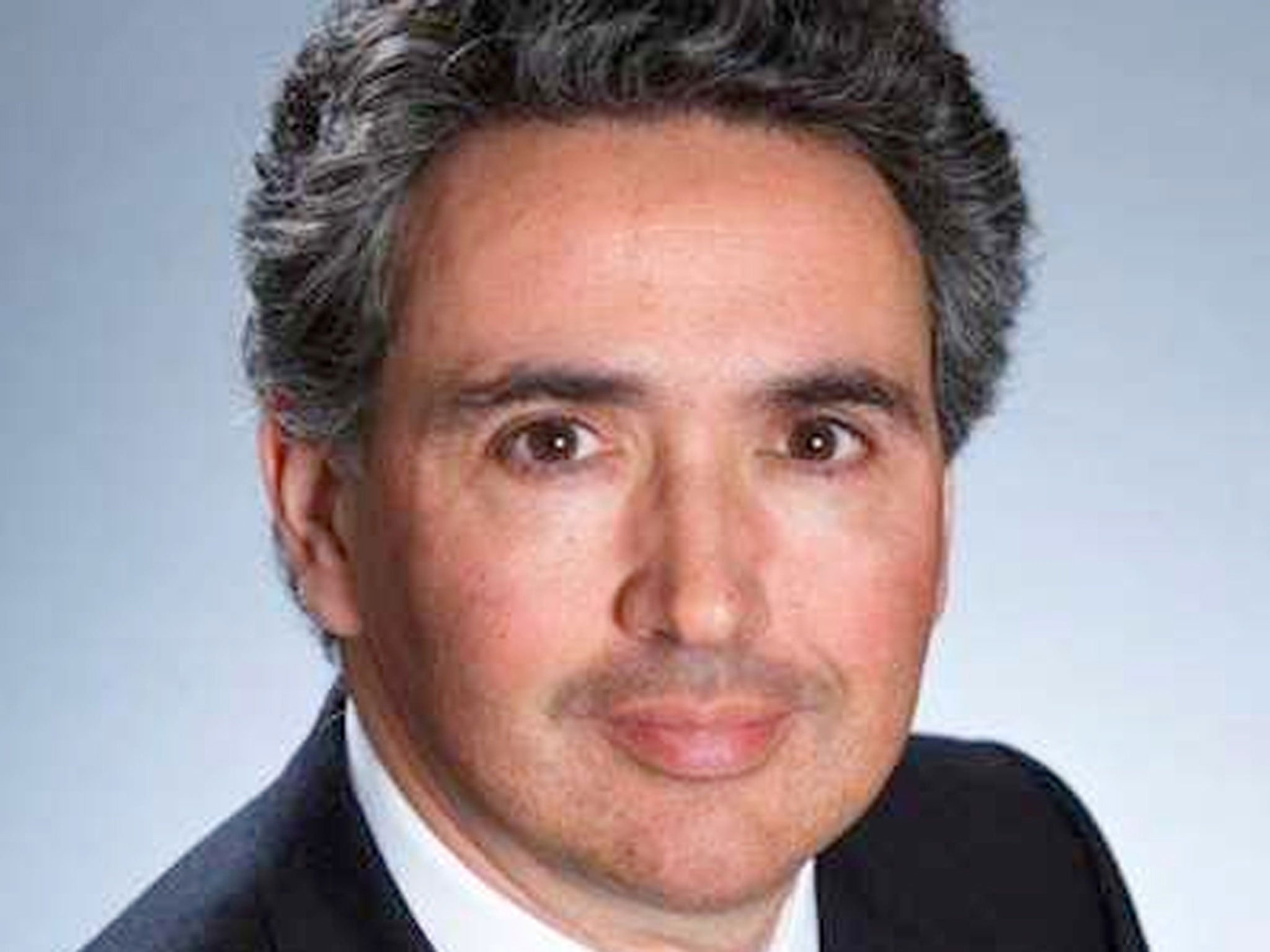Is a quiet crusade to reform executive pay bearing fruit?
Dominic Rossi of Fidelity says his pressure on business to control rewards is working. But why aren’t other fund managers helping?

Your support helps us to tell the story
From reproductive rights to climate change to Big Tech, The Independent is on the ground when the story is developing. Whether it's investigating the financials of Elon Musk's pro-Trump PAC or producing our latest documentary, 'The A Word', which shines a light on the American women fighting for reproductive rights, we know how important it is to parse out the facts from the messaging.
At such a critical moment in US history, we need reporters on the ground. Your donation allows us to keep sending journalists to speak to both sides of the story.
The Independent is trusted by Americans across the entire political spectrum. And unlike many other quality news outlets, we choose not to lock Americans out of our reporting and analysis with paywalls. We believe quality journalism should be available to everyone, paid for by those who can afford it.
Your support makes all the difference.Dominic Rossi has been leading a lonely crusade. For the past three years, the global chief investment officer of the fund manager Fidelity Worldwide Investment has been pressuring quoted companies in which Fidelity has a stake to tighten up on how they pay their bosses.
Mr Rossi’s focus is on “long-term incentive plans” (L-tips), under which senior executives are given large volumes of shares in their own company, provided it meets certain performance criteria set by the remuneration committee.
Two years ago Mr Rossi drew attention to the point that most company executives could sell these shares as soon as they vested – typically after just three years. This made a mockery of the notion that they represented a reward based on a company’s “long-term” performance.
Mr Rossi told all of the UK’s big quoted companies that Fidelity would vote against their remuneration reports at shareholder meetings unless they extended the minimum holding period for any shares granted under an L-tip to five years.
“We have had some very interesting dialogues,” said Mr Rossi – “some very supportive, others, frankly, quite hostile”. Fidelity has found itself forced to vote against the remuneration reports at 56 per cent of annual general meetings over the past year.

But now the fund manager, which has around £191bn under management, has hailed progress. It reported that the proportion of FTSE 100 companies that have changed their rules to comply with its five-year requirement has hit 42 per cent. That’s up from 27 per cent last year and just 4 per cent in 2013. Companies that have joined the list of virtue in the past year include the insurer Aviva, caterer Compass Group and Imperial Tobacco.
“We know that changes have happened as a direct consequence of this campaign,” Mr Rossi said.
However, progress in getting FTSE 350 companies to tighten up has been rather slower, with just a quarter signed up to the five-year principle. And part of the problem is that other large fund managers have failed to join forces with Fidelity in pushing for reform, possibly because their own pay structures are unreformed.
Of all the financial companies with fund management operations that are themselves listed on the FTSE 100, only three – Aviva, Standard Life and St James's Place – have signed up to the five-year L-tip holding period. Old Mutual, Prudential, Legal & General, Aberdeen Asset Management and Schroders all fail to make the Fidelity list.
“If their own holding period is less than five years obviously they’re going to find our proposal problematic,” Mr Rossi said. “If you’re asking me whether I think that has played a role [in the lack of support] – yes I do”.
But is Mr Rossi himself radical enough? The independent High Pay Centre think-tank recently called for L-tips to be abolished, pointing out that these kinds of share payments to FTSE 350 directors increased by more than 250 per cent between 2000 and 2013. That is roughly five times as fast as returns to shareholders and suggests there is no link between this form of remuneration and performance.
But Mr Rossi believes abolition would be going too far.
And while he accepts there is a case for requiring an even longer holding period, he said he chose five years because it would be more likely to be accepted by businesses. “I believe in pragmatism over perfection,” he explained.
Mr Rossi also stressed he had no problem with large rewards for executives per se. “We all have a vested interest in these companies being successful. If these rewards reflect that, why would that be a problem? We want to raise confidence levels that when we see these rewards, we can point to success”.
Mr Rossi also accepts the argument of remuneration consultants that one cannot buck the global pay market for talent without causing economic damage. “It is true, whether we like it or not, that we’re competing in a very aggressive global market, and it is true that American CEOs are paid a great deal. It is true, to some extent, that these roles are mobile.”
Mr Rossi suggested the media should focus on the structure of executives’ pay and issues of corporate governance, rather than the size of the awards: “I can understand why the press focus on quantum [of pay]. It gives good headlines, but if we’re going to deal with this issue, we have to think about how we’re going to succeed, rather than protest. If we’re going to succeed, we are going to have to focus more on governance and structure.”
Nevertheless, he said he will carry on pushing hard for his incremental brand of executive remuneration reform. A new line of attack, he added, is making the case for reform to the pay consultants that companies call in to advise on how to reward their executives.
Mr Rossi will issue an update on the progress of his pragmatic crusade in a year’s time.
Join our commenting forum
Join thought-provoking conversations, follow other Independent readers and see their replies
Comments